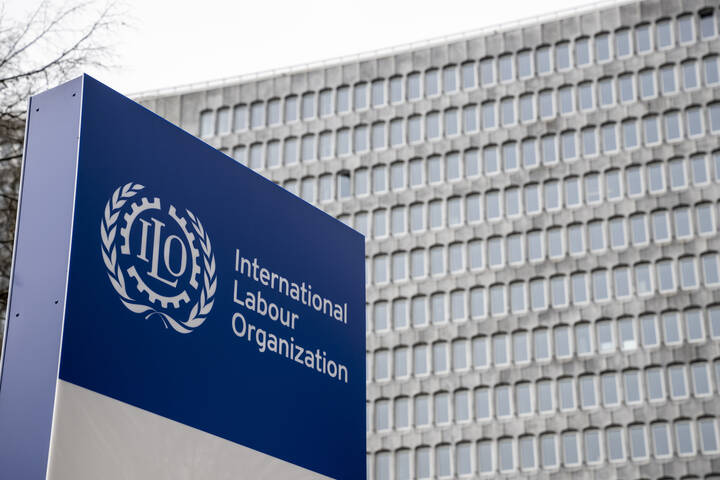
A new report from the International Labour Organization (ILO) has spotlighted the deepening employment crisis in Nigeria, marked by widespread informality, persistent youth unemployment, and sluggish economic transformation.
The World Employment and Social Outlook: Trends 2025 report reveals that while global unemployment remained steady at 5% in 2024, low-income countries—particularly in Africa—continue to grapple with high rates of working poverty and informal employment.
Nigeria, Africa’s most populous nation, epitomises this challenge.
Although employment across sub-Saharan Africa is growing, it is not keeping pace with the region’s fast-expanding youth population. In Nigeria, this has created a demographic paradox: a youthful, energetic population increasingly locked out of meaningful employment.
Most young Nigerians are either unemployed or trapped in informal, insecure jobs without social protection.
The ILO estimates that over 85% of workers in the region are engaged in informal work—a trend mirrored in Nigeria. Globally, youth unemployment stands at 12.6%, with Nigeria believed to exceed this average. Particularly concerning is the rising number of young people not in employment, education, or training (NEET), with young women disproportionately affected. Globally, 28.2% of young women are NEET, and Nigeria reflects this disparity.
The report also shows that over 240 million workers globally live in extreme working poverty, earning less than $2.15 per day. This reality is vividly seen in Nigeria’s urban slums and rural areas, where informal work is dominant and poverty remains entrenched.
To tackle these issues, experts are urging Nigeria to adopt a comprehensive national employment strategy. Key recommendations include formalising informal work, expanding access to quality education and vocational training, and developing sectors capable of inclusive, sustainable growth.
Without bold reforms, Nigeria risks consigning an entire generation to long-term economic marginalisation.
As the ILO aptly notes, decent work is the foundation of development. For Nigeria, this means creating more than just jobs—it means building futures.












